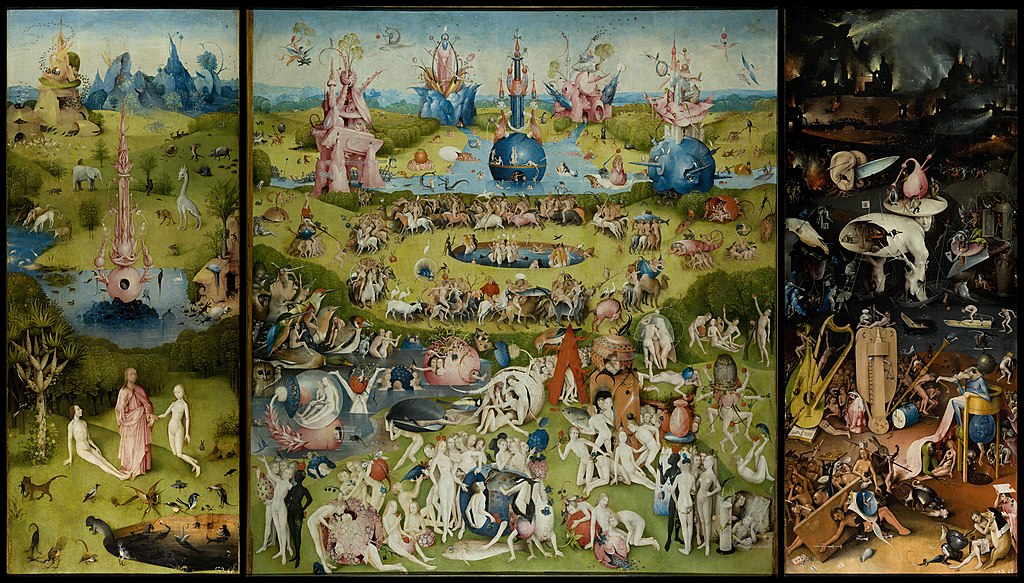Came across this passage that I saved a few months ago. Couldn't think of a better way to express the responsibility we Christians have in the midst of a very troubled/uncertain time in our culture.
"Christians should pursue cultural activities not with a spirit of triumph and conquest over their neighbors but with a spirit of love and service toward them. Far too often Christian writers and leaders imbue their audience with a drive to take over - to take over politics, education, the courts, and whatever else (or maybe it is put in more palatable terms, such as taking back instead of taking over, as if Christians are the rightful owners of everything and are simply reclaiming what is already theirs). The New Testament does call us 'more than conquerors through him who loved us' (Rom. 8:37), and on the day of Christ's return we will share in his visible triumph over his enemies (e.g., 2 Thess. 1:5-10). But until then God calls us to be involved in activities such as education and politics not in order to trounce opponents but to serve neighbors, 'You have heard that it was said, "You shall love your neighbor and hate your enemy." But I say to you, Love your enemies and pray for those who persecute you' (Matt. 5:43-44). The apparent enemy is our neighbor (Luke 10:25-37). It is all too easy to demonize those with whom we disagree and seek to vilify them for their sins in order to gain tactical advantage - even though their conduct often outshines our own in many areas of life, and though, if we do avoid their sins, we do so only by the unmerited grace of God. We have been justified in Christ precisely so that we may love and serve our neighbor, for this is the fulfillment of the law (Rom. 13:8-10; Gal. 5:13-14). The New Testament constantly calls us to gentleness, meekness, patience, and humility (e.g., Matt. 5:5; Gal. 5:22-23; Eph. 4:2). If only we were as eager to deal with our own many sins as we are to expose the sins of others whom we regard as our cultural opponents - if only we would learn to take the log out of our own eyes before seeing the speck in another's eye (Matt. 7:1-5). The way of love and service in all areas of culture, not the way of vilification and conquest, is the proper Christian attitude."
(David VanDrunen, Living in God's Two Kingdoms, 124-125)





